Highlights:
- Trump’s removal of tariffs on 200+ food products provides overdue relief to India’s farm exporters.
- Indian agricultural goods previously faced tariff hikes up to 50%, hitting exporters harder than rivals.
- FIEO estimates a potential gain of $2.5–3 billion in exports due to the exemptions.
- Gains may remain limited due to India’s smaller presence in key U.S. import categories.
- High logistics costs, stiff competition and strict U.S. standards may restrict full market recovery.
For thousands of Indian farmers and exporters, the announcement from Washington felt like a long shadow lifting. When president Donald Trump rolled back tariffs on more than 200 food products, including key agricultural items, many in India saw it as a long-overdue breath of relief, especially after months of steep import duties that had bruised their competitiveness.
Unlike European or Vietnamese suppliers bearing 15-20 per cent duties, Indian exporters were hit far harder when Trump doubled tariffs to nearly 50 per cent, even adding a punitive 25 per cent levy tied to India's Russian oil purchases. The result was painful: shrinking orders, rising costs and uncertainty across farming belts that depend heavily on export markets.
Positive signal for US-India trade talks
So when Ajay Sahai of FIEO estimated that "between $2.5 billion and $3 billion of exports will benefit from the tariff exemptions," relief swept through farm communities. He added that “This order opens space for premium, specialty and value-added products,” urging exporters to move toward higher-value niches where Indian flavors shine strongest.
Officials in India echoed this sentiment, calling the exemptions a much-needed positive signal in broader US-India trade talks. Many believe this step could patch the pressure that earlier tariff hikes created pressure which caused Indian exports to the US to fall nearly 12 per cent in September alone.
A senior farm export official in Reuters noted, “The move benefits Indian farmers and exporters of tea, coffee, cashew and fruits and vegetables,” capturing the guarded hope taking root across India's agrarian belts.
But even amid optimism, experts caution the gains may be modest. Ajay Srivastava of GTRI warned that India's limited presence in major US import categories might keep expectations in check. As he put it, “The tariff shift would marginally strengthen India’s position in spices and niche horticulture and help revive some lost US demand after the tariff hikes.”
Relief for exporters
Exporters themselves remain wary. Freight costs are still high, competition from Vietnam and Indonesia remains fierce, and US quality rules are as stringent as ever. As one exporter interviewed by Reuters admitted, “Tariff relief is important, but market recovery also depends on logistics and our ability to match prices.”
For now, through the mood after months of stress and shrinking margins is one of a cautious hope. For India's farmers, that alone is a welcome charge.
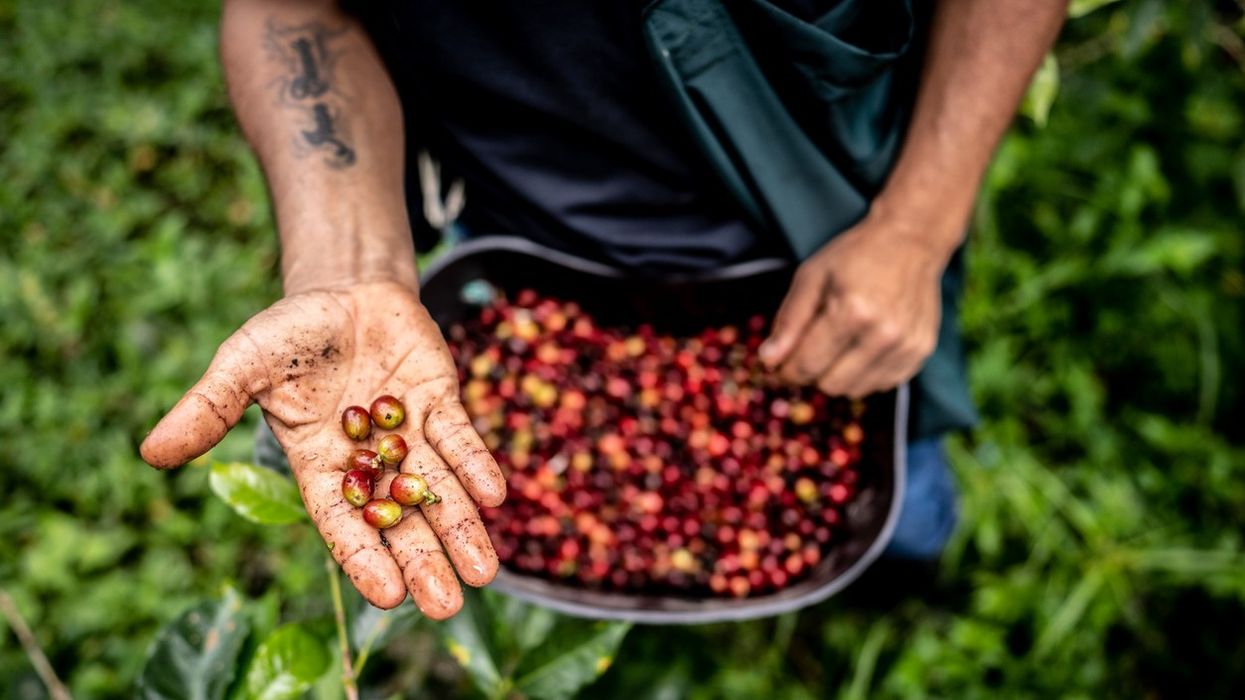


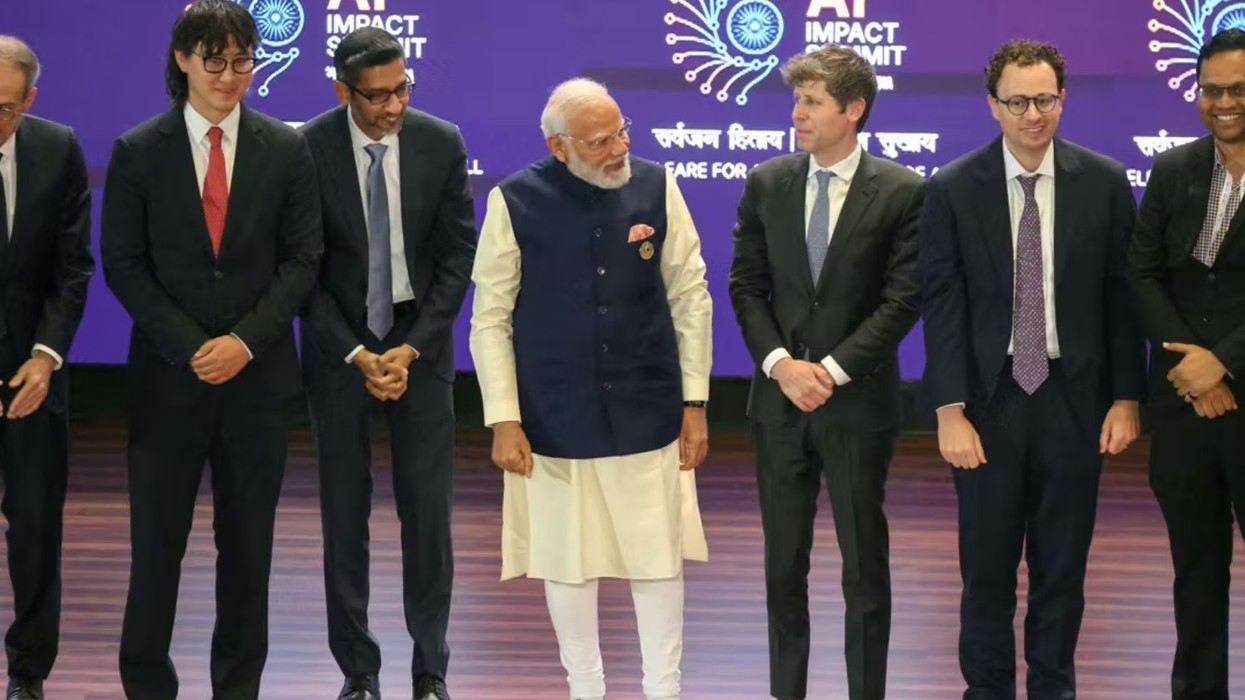
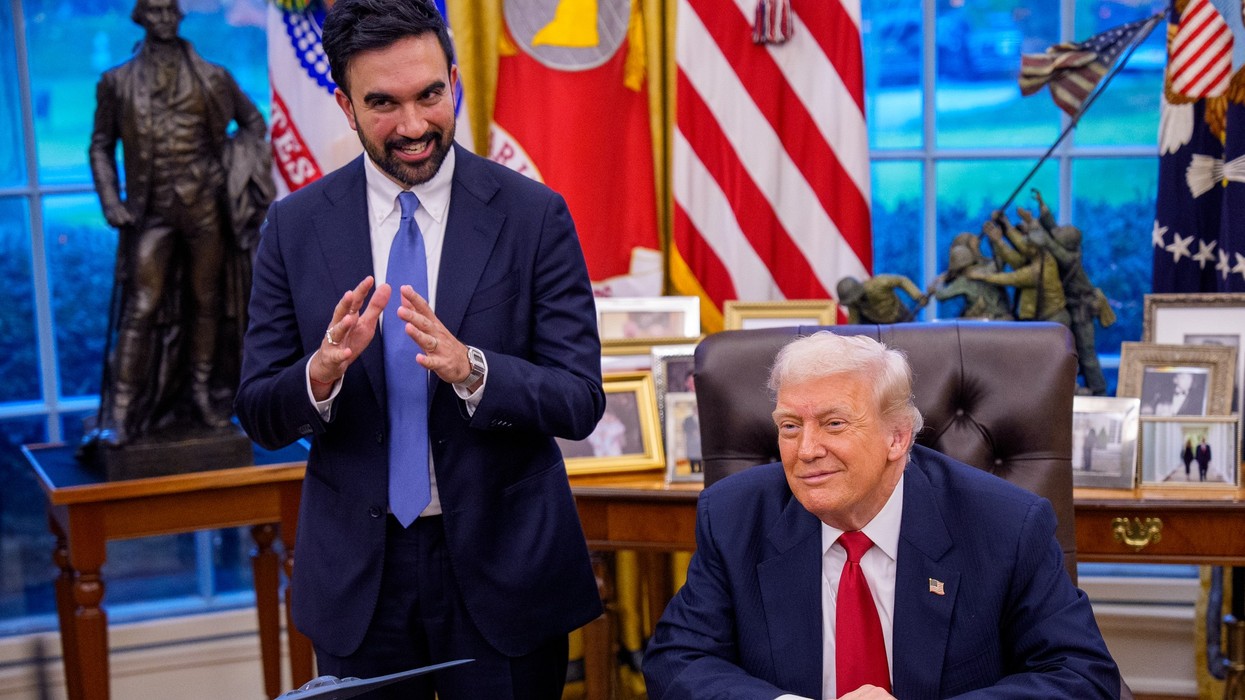







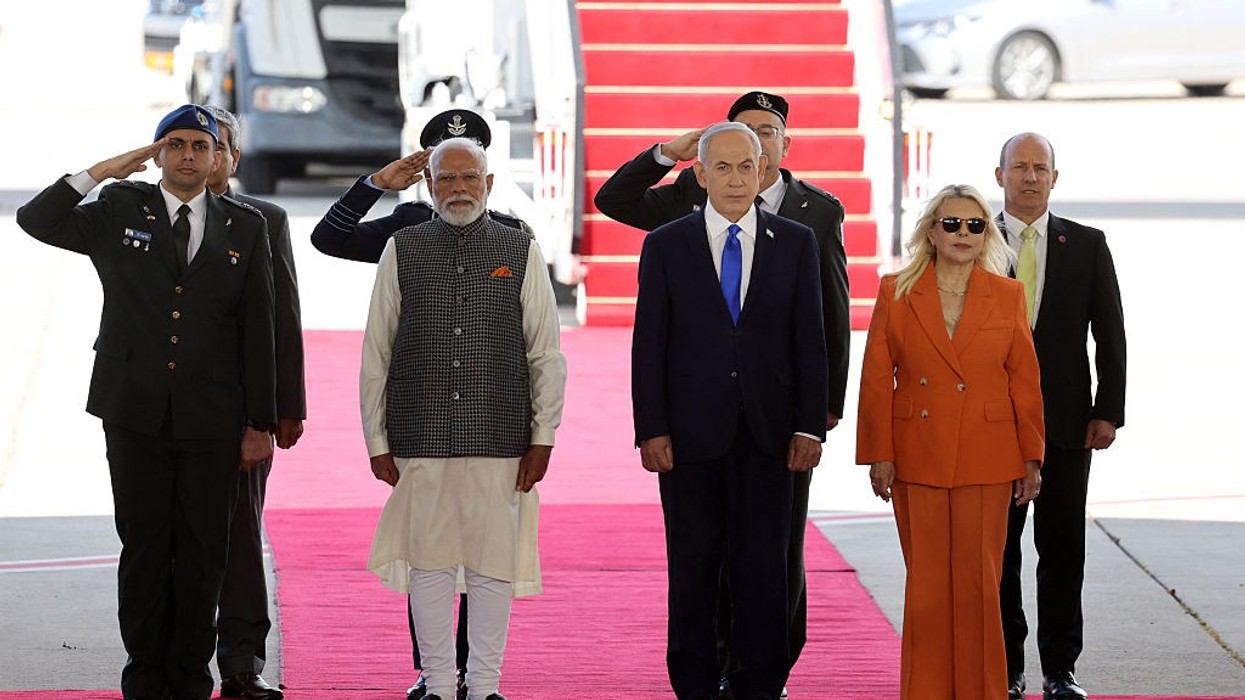

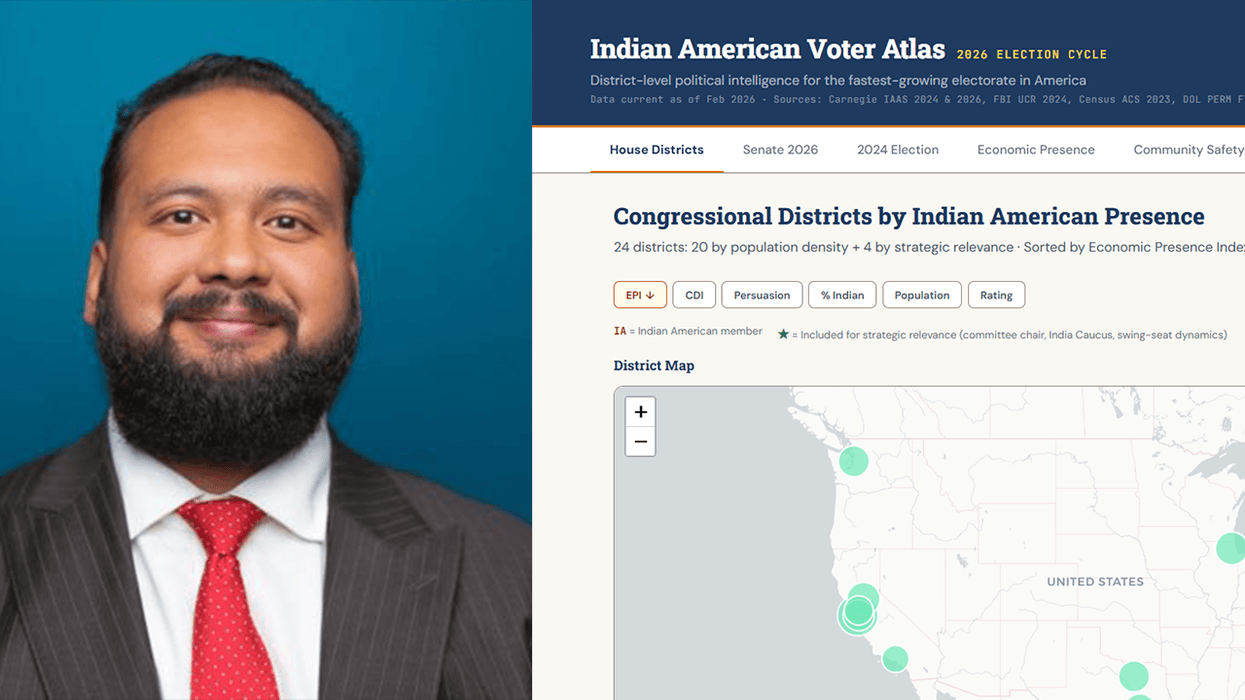
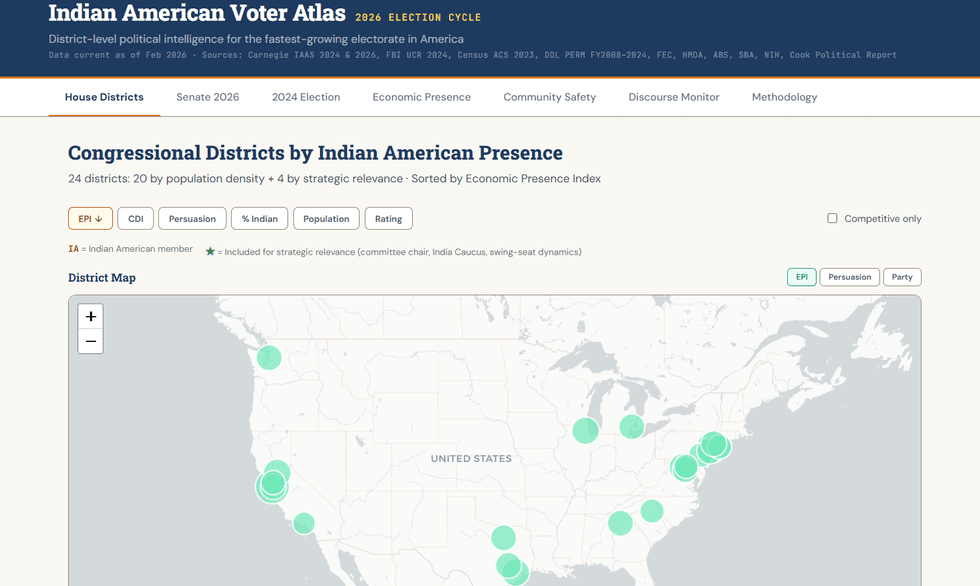 https://www.voteratlas.io/
https://www.voteratlas.io/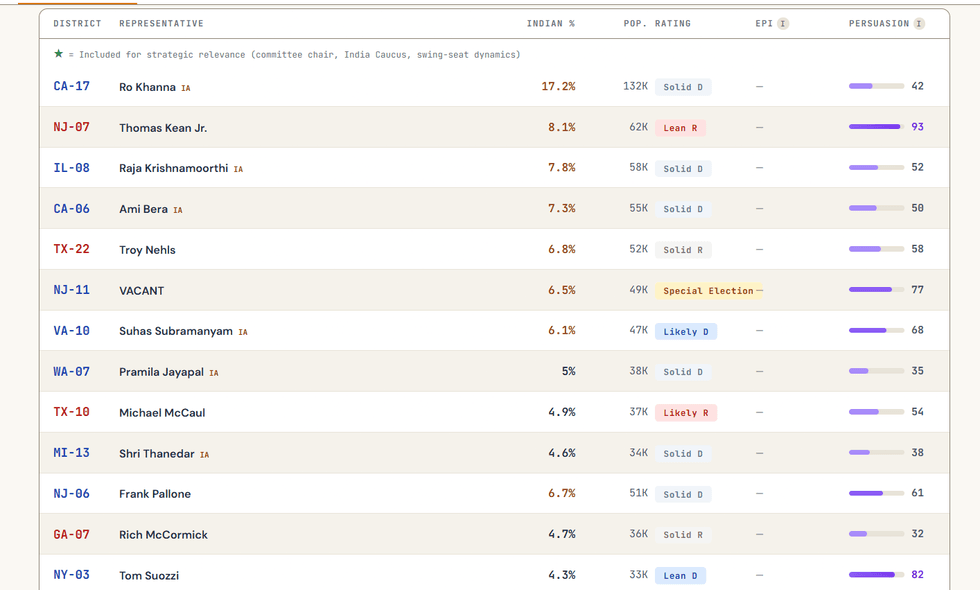 https://www.voteratlas.io/
https://www.voteratlas.io/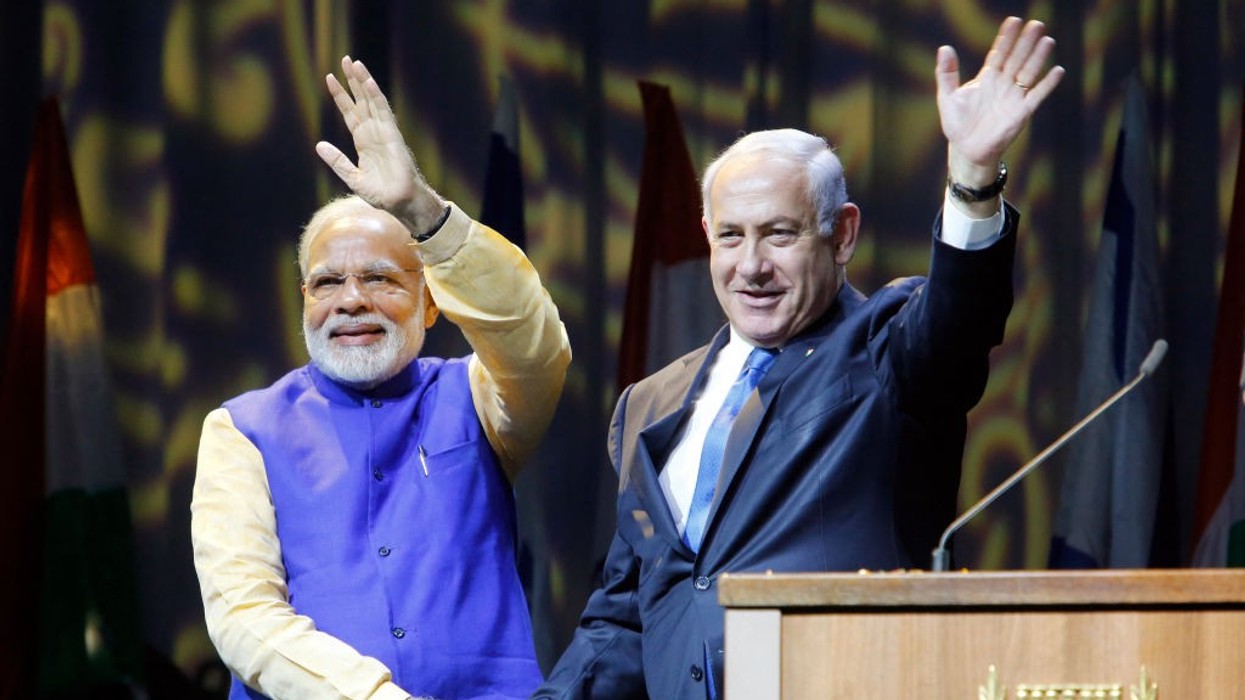
 A historic moment in Israel. The parliament erupted in applause and echoed with ‘Modi, Modi’ chants as PM Narendra Modi prepared to address lawmakers, highlighting the deep ties and admiration… | Times Now
A historic moment in Israel. The parliament erupted in applause and echoed with ‘Modi, Modi’ chants as PM Narendra Modi prepared to address lawmakers, highlighting the deep ties and admiration… | Times Now